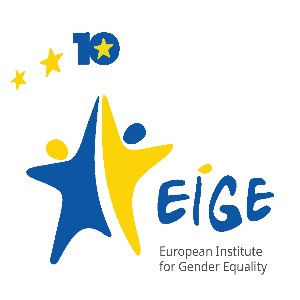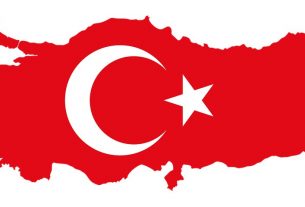New evidence from the European Institute for Gender Equality (EIGE) shows that artificial intelligence and platform work (also called gig work), have the potential to improve gender equality in the economy. However, there is also a danger they reinforce sexism and discrimination, while entrenching insecure work and a lack of social protection.
EIGE’s Director Carlien Scheele, who will today address the French EU Presidency’s ministers’ roundtable on women’s economic empowerment in Paris, said:
“Artificial intelligence (AI) and gig work are parts of the economy of the future, and we need to make sure they’re designed and regulated in a way that protects people. Some 10 % of the EU population has already done gig work such as food delivery or ride hailing. AI is also increasingly becoming part of our day-to-day lives, so it is good the EU is drawing up legislation on both. This is our opportunity to edit out the age-old stereotypes, sexism and discrimination of the labour market, and to create a modern reality that serves the needs of both women and men.”
Platform work: Challenging ideas of ‘women’s work’, providing limited flexibility, risking skills loss
EIGE interviewed almost 5,000 platform workers to understand who they are, why they do platform work, and what challenges they face.
A higher share of women than men told EIGE they do platform work as they can combine it with household chores and family commitments (women: 36 %, men: 28 %). Yet this flexibility is limited practice, with many working at night, at the weekend, and at hours they cannot choose. Platform workers can also be observed using time-tracking software, which deducts ‘low productivity time’ from pay. Such software can poses a particular threat to those caring for small children.
In platform work, there is a higher share of men doing jobs usually done by women than there is in the traditional labour market. This includes housework (women: 54 %, men: 46 %), childcare (women: 61 %, men: 39 %) and data entry (women: 47 %, men: 53 %). While this can help challenge stereotypes about the type of work done by women and men, EIGE’s survey shows that highly educated women are more likely to do jobs that do not match their level of education, which puts them at greater risk of losing their skills.
New proposed EU legislation to improve the working conditions of platform workers should help bring more of them into formal employment, which will bring rights such as a minimum wage, limits to working time and paid leave.
In the meantime, EU Member States need to protect the many platform workers whose lack of status as formal employees has made them ineligible for government support during COVID-19. This is despite fact that many have faced serious financial difficulties.
Artificial intelligence: More women needed
In the EU and the UK, just 16 % of those working on AI are women. The share gets smaller with career progression: women with 10+ years’ experience make up just 12 % of AI professionals. Male-dominated environments and lack of access to funding may contribute to women leaving the industry.
Algorithms can also replicate bias and discrimination from the ‘real world’. One example is algorithms being trained with biased data to perpetuate discriminatory hiring practices. This can lead to women’s CVs being automatically discarded because their profile doesn’t fit that of people who were hired before – a problem in an organisation mainly made up of men.
But AI can also help tackle problems such as gender-based violence. One example is facial recognition that detects photos of human trafficking victims in adverts for sexual services.
To make sure AI works for both women and men, the EU and Member States should conduct gender impact assessments of new technologies, require publicly funded projects to have balanced numbers of women and men, and train engineers and computer scientists in how to avoid bias.
The EU’s proposed ‘Artificial Intelligence Act’ shows promise when it comes to minimising the risk of bias and discrimination in AI. The EU’s commitment to train more specialists in AI, especially women and people from diverse backgrounds, is also a positive sign.
EIGE has the tools to help policymakers protect women and men equally
The EU is legally committed to ensure its policies protect women and men equally, which is why EIGE has developed a number of tools to help policymakers achieve this. EIGE’s Gender Impact Assessment Toolkit will be particularly useful during the development of legislation.
European Institute for Gender Equality

















